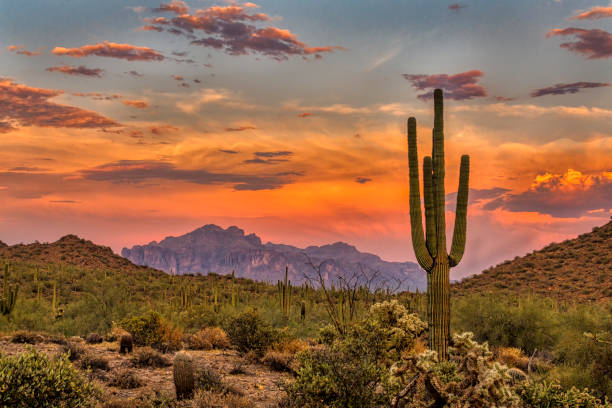"The desert will still be there in the spring. And then comes another thought. When I return will it be the same? Will I be the same?" These lines are from Edward Abbey's Desert Solitaire, his meditation on the two summers he spent as a seasonal ranger at Arches National Monument (now a national park) in Utah. Though I read Solitaire decades ago, I had a chance to re-read it during my most recent camping trip in the West. Once more, I was struck by Abbey's descriptions of the desert landscape, its barrenness, remoteness, and above all, its solitude, its vast and unyielding solitude.
It's no accident the the early Christian church fathers spent time in the desert. Stark and devoid of normality, the desert offers the seeking soul ample opportunity to find the space to divest oneself of all vestiges of everyday existence and open one's heart, mind, and soul to the greater presence, the greater beyond, the transcendent: God. As Abbey suggests, one cannot step into the desert and emerge unchanged. To expect to be the same. The desert will not allow it.
Indeed. So busy do we make ourselves tending to the immediate and mundane that we forget that we do so in the umbra of a far larger, and singularly more profound, point of meaning. The desert reminds us that solitude and aloneness in its emptiness, ironically, exposes us to the fullness of what can be.
We can't see unless we let go.

No comments:
Post a Comment